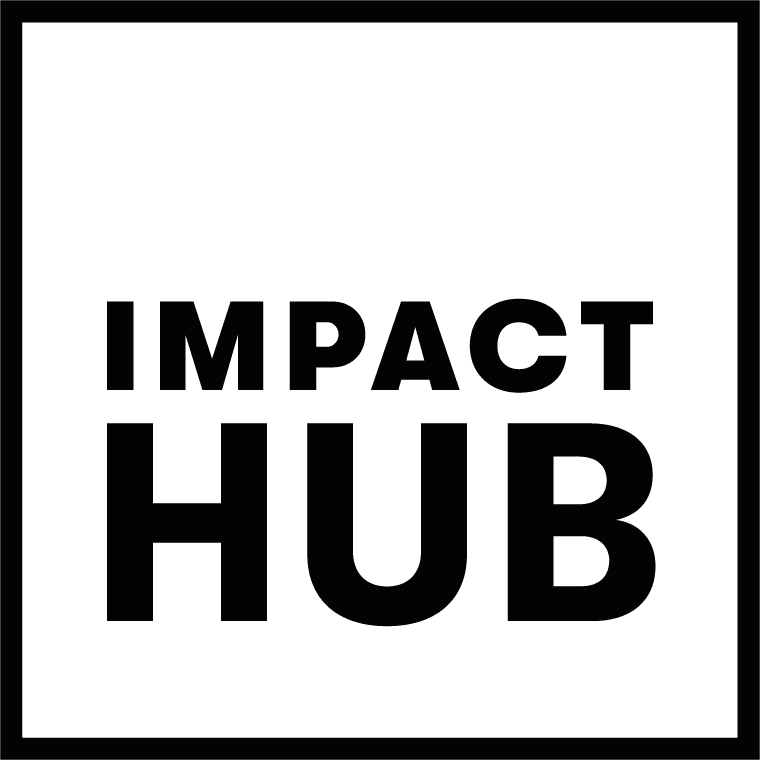Affordable and accessible education is still not realised everywhere in the world. Having personally experienced a shortage of teachers, Zakheni Ngubo developed Syafunda; an online platform for students providing access to localised digital content. With over 80.000 students using the platform, it has proven its success already. Zakheni will be in Geneva during the scaling week on the 6th of October and we had the opportunity to speak with him about his entrepreneurial journey.
When I was in my final 2 years of high school, my school, which had very limited resources, also did not have a maths teacher. It delayed my university acceptance by one year as I had to spend an extra year retaking mathematics after my graduation to qualify. Soon I discovered this was a general issue in South Africa. More than 80 per cent of learners in South Africa fail to qualify for University education due to poor performance in math and science. Experienced and qualified teachers leave the teaching industry and the current process of finding replacements and hiring somebody is still very long with inadequate teacher training and support structures.
It’s a serious problem because for a lot of people education really is their way out. The idea therefore is to give people access to other resources. We created an online mobile device with content created by high quality teachers. Students can download the content to study and even subscribe from home or anywhere else, as long as they have a Wi-Fi device.
Unique


Of course we changed our ideas along the way. In the beginning our students didn’t like the whiteboards. It looked unfamiliar because there was no teacher. We made some changes to our content. But we also changed our product in terms of the Internet infrastructure since it was too slow. The registration is online, however the content can be used offline. You can now digitally download it in less then 2 minutes. We have added extra features like a bookstore where people can find copies of textbooks. Students pay lot of money for a textbook, making it available online is cheaper then finding it from a retailer.
His entrepreneurial journey
We didn’t receive funding for three years, but I worked for different projects in return of development of my project. Out of necessity I had to get very creative. You always have something to offer in order to receive something like time or skills. Even without investment you can get very far as an entrepreneur. I am proud i managed to build my start-up by being creative.
Sometimes it can be a lonely road. I like to get my inspiration from other entrepreneurs by understanding their journey and the things they went through. Richard Branson inspired me a lot. Somehow he managed to stay true as an innovator and entrepreneur. I see myself like this. There are different phases in building a company. The start-up phase where you have to be creative and the next stage where you have to preserve and maintain. He managed to stay in the creative start-up phase again and again.
When it comes to new innovations it is hard to get support in our country. Especially when you start something new. When there a no results and the risk factor is perceived as being high, nobody is willing to fund it. You have to prove the concept first. In the places where I come from, entrepreneurship is not fully embraced yet. Especially when you have graduated from university, it is seen as irresponsible and different.
A different approach
I would also say that start-up communities in developing countries are not built on the same landscape as companies in Silicon Valley. We are lacking the financial, corporate and due diligence structures to unlock funding and are usually born out of necessity. I would encourage companies to think differently about start-ups and how to evaluate them. Look at the potential impact and see what you can do to assist these start-ups to tick the boxes set up these structures to enable them to get funding. I am looking forward to meeting new people in October during the Scaling week. I hope to receive some special support in terms of funding, legal advice and ways in which we can expand our organization. Hopefully it will unlock more opportunities and funds


Our future dreams? Although we have over 80.000 subscribers right now, we are still looking for ways to extend our user base. We have just launched a new campaign. Our goal is to get as many servers linked to as many schools as possible. Next to the government and corporate business funding, we now made it possible for individuals to support our project too through an Adopt A School campaign where performance and impact data and analytics is provided to organizations or individuals covering the costs to set up and manage a Syafunda Digital Library in a school or community centre. So anybody who wants to support us, let us know!
This article is one in a series in which we get to know the International Finalists of our Accelerate2030 program a little bit better. Accelerate2030 is a 9-month program co-initiated by Impact Hub Geneva and the UNDP with a mission to scale the impact of ventures that contribute towards the Sustainable Development Goals internationally. All nine finalists will be present at the Impact Hub Geneva from the 6th until the 13th of October during the Scaling week.


